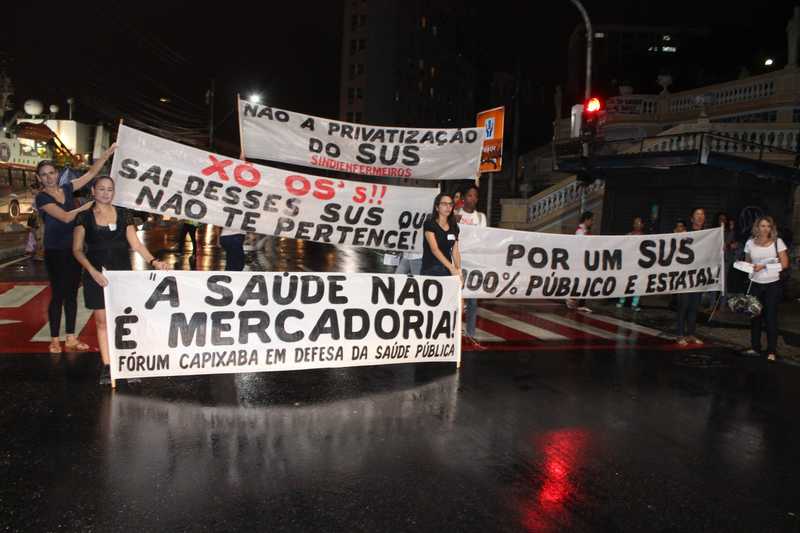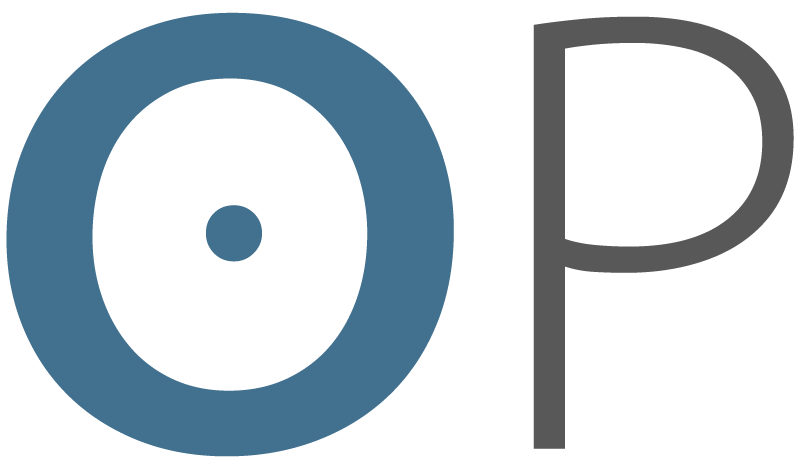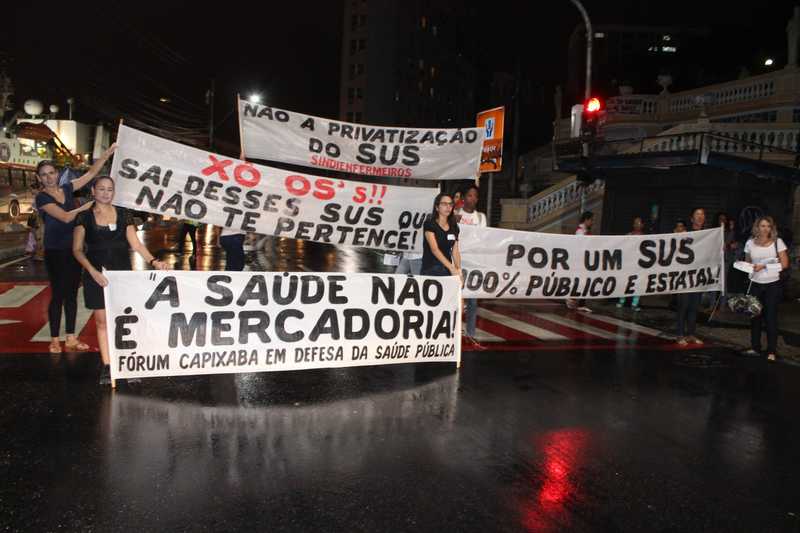
Pandemics, by definition, are international, and so too must be our response. The Covid-19 pandemic in particular overlays an international economic order that has fostered multiple crises of inequality, ecological destruction, racism, and anti-democratic politics. This moment will either create a more democratic economy, or it will reinforce the extractive economy itself still further. I am moved to work together with allies from around the world to assure that we choose the path of democratization in order to build shared prosperity in our collective response to this crisis.
As we plan to rebuild our societies and restart our economies post-COVID-19, we must try to make this the starting point for a profound transformation of our economic system to one that fosters—by design—community, democracy, sustainability, health, and wellbeing. The actions we take now (or fail to take) will have profound long term consequences. We must not allow this crisis to further entrench a political-economic world order fed by the destruction of people and planet.
1. Transform the pharmaceutical industry into a public utility
To protect public health, we must reclaim and rebuild public medicine. We can do so by transforming the pharmaceutical industry from a vehicle of private profiteering into a kind of public utility. The playbook for such a transformation is fairly clear: We should (i) make open science the law of the land, (ii) strengthen public sector capacity for pharmaceutical R&D and manufacturing, (iii) expand compulsory licensing, and (iv) take vaccine development & production into public control. These steps would refocus the industry on public health and public good rather than private, short-term gain.
Currently, the pharmaceutical sector restricts access to the medicines it produces—and to information on those medicines’ true risks and benefits—through a complex web of intellectual property protections. Market imperatives create dangerous shortages and increase post-market safety issues. In addition, clinically meaningful innovation has been on the decline for decades. These steps are necessary to assure that this key sector of our economy operates in the public interest, preparing us both to combat the current pandemic and be better prepared for future public health emergencies.
2. Community Wealth Building as a model for economy recovery
We cannot afford to return to the pre-pandemic “normal”. We must break with the failed economic policies and practices that have devastated communities around the world and build a new economy from the ground up. Community Wealth Building (CWB) is a powerful way to do just that. CWB is a system-changing approach to economic development that works to produce economic equality, racial equity, and ecological sustainability through the reconfiguration of institutions and local economies on the basis of greater democratic ownership, participation, and control.
CWB strategies to renew and restore local economies in the wake of the pandemic should aim to move away from an economy defined by wealth extraction to a generative, sustainable economy where wealth is shared broadly by those who help create it. A comprehensive CWB approach to a local economy would seek to (i) expand democratic ownership through municipal, worker and other forms of community ownership of enterprises and services, (ii) ensure access to financial capital for local institutions (iii) implement progressive procurement of goods and services (iv) embody fair employment and just labor practices, and (v) develop a socially productive use of land and property.
Together, these two interventions have the power to reorient our entire international public health system, and prepare us to protect both our communities and their ecosystems for generations to come.





